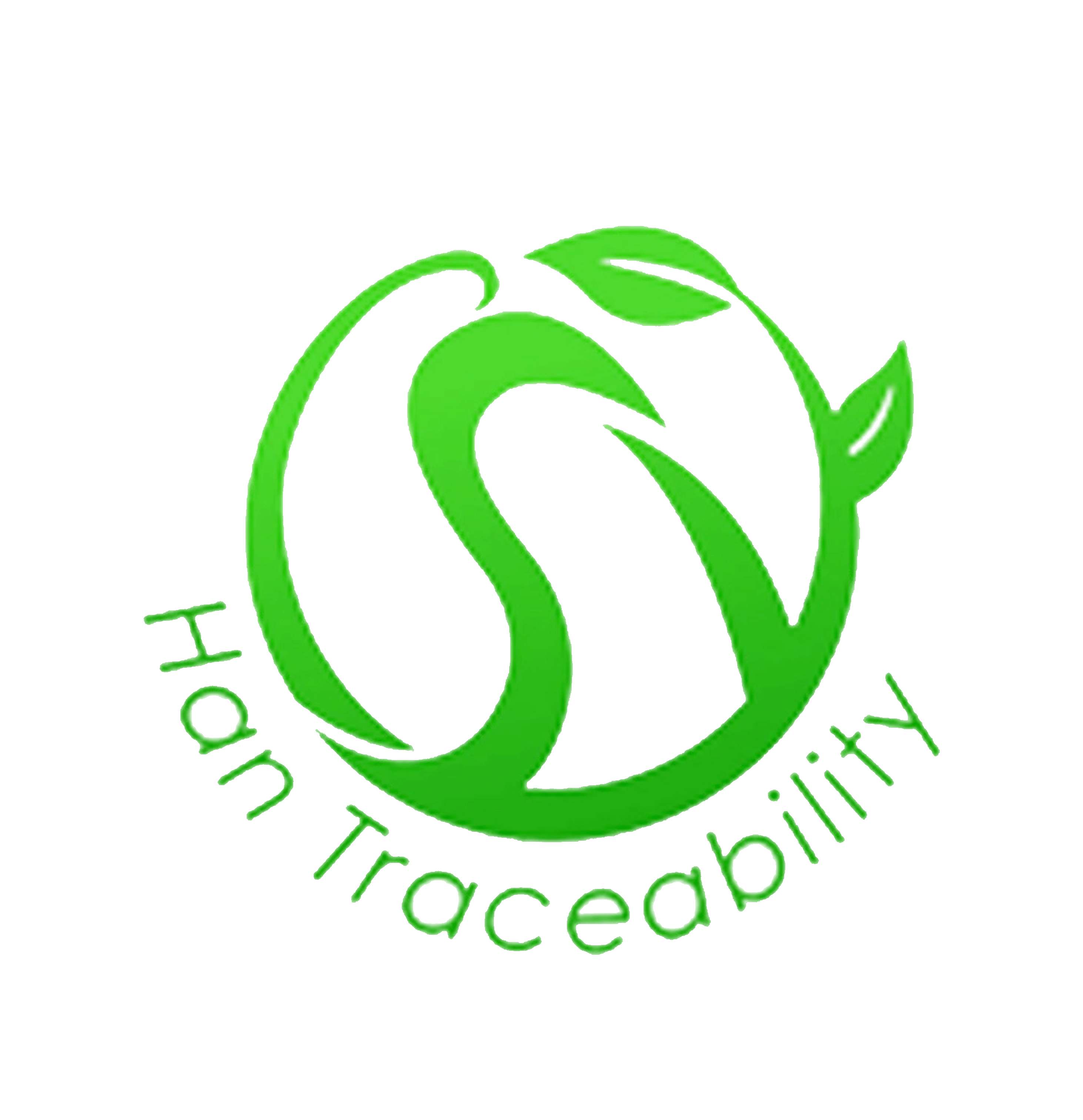1.Collagen is the most abundant protein in the human body and serves as a vital component of our connective tissues, including skin, tendons, ligaments, and muscles.
There are over 20 different types of collagen, but the three most common types are:
Type I Collagen: This type is the most prevalent in the human body and is found in skin, bones, tendons, and teeth. It provides tensile strength to these structures and is associated with skin elasticity and hydration.
Type II Collagen: Mainly found in cartilage, Type II collagen is crucial for joint health and function. It contributes to joint cushioning and mobility.
Type III Collagen: Often found alongside Type I collagen, Type III collagen is present in skin, blood vessels, and internal organs. It plays a role in maintaining the structural integrity of these tissues.
What is Marine Collagen?
Marine Collagen is derived from fish and marine sources, primarily sourced from fish skin, scales, and bones. It’s known for its high bioavailability, meaning it is easily absorbed and utilised by the body.
2.Bovine Collagen, sourced from cows, raises concerns about animal welfare and its environmental impact. Cows require extensive resources, such as land, water, and feed, which can lead to deforestation and greenhouse gas emissions. However, conscientious sourcing from sustainable and well-managed farms can address these concerns to a certain extent.
Marine collagen sourcing is often considered a more sustainable and eco-friendly option than bovine collagen for several reasons:
Utilisation of Byproducts: Marine collagen is typically derived from fish parts that are byproducts of the seafood industry, such as fish skin, scales, and bones. These parts are often discarded or considered waste. By utilising these otherwise wasted materials, the marine collagen industry reduces waste and maximises the efficient use of available resources, aligning with the principles of a circular economy.
“Biomass derived from the activities of fish-processing industries and fisheries (fish and sea urchin wastes, undersized fish and by-catch organisms such as jellyfish, sharks, starfish, sponges) might become an important, yet underexploited, source of collagen. The use of discarded and underused biomass will contribute to the development of a sustainable pipeline to obtain collagen with a significantly reduced environmental impact.”
Preservation of Marine Ecosystems: Unlike some land-based animal farming practices, marine collagen production doesn’t require the extensive use of land, water, or feed. This minimises the potential for deforestation, habitat destruction, and overuse of freshwater resources. Additionally, responsible marine collagen sourcing can have a lower environmental impact compared to land-based animal agriculture.
Sustainable Fishing Practices: Many marine collagen producers are committed to sustainable fishing practices. This involves adhering to guidelines that help maintain fish populations at healthy and stable levels. Sustainable fishing practices reduce the risk of overfishing and contribute to the long-term health of marine ecosystems.
Reduced Carbon Footprint: Marine collagen production generally has a lower carbon footprint compared to land-based livestock farming. The transportation and energy requirements for marine collagen sourcing are often more energy-efficient, as marine sources can be closer to processing facilities.
Traceability and Accountability: Some marine collagen brands prioritise traceability and accountability in their sourcing methods. They work closely with suppliers to ensure ethical and sustainable fishing practices. These efforts contribute to greater transparency in the sourcing of marine collagen.
It’s important to note that not all marine collagen products are equal in terms of sustainability. When choosing a marine collagen supplement, it’s advisable to look for certifications or labels that indicate responsible and sustainable sourcing, such as MSC (Marine Stewardship Council) or ASC (Aquaculture Stewardship Council) certifications. These certifications ensure that the marine collagen product meets rigorous sustainability standards.
Post time: Apr-16-2024







